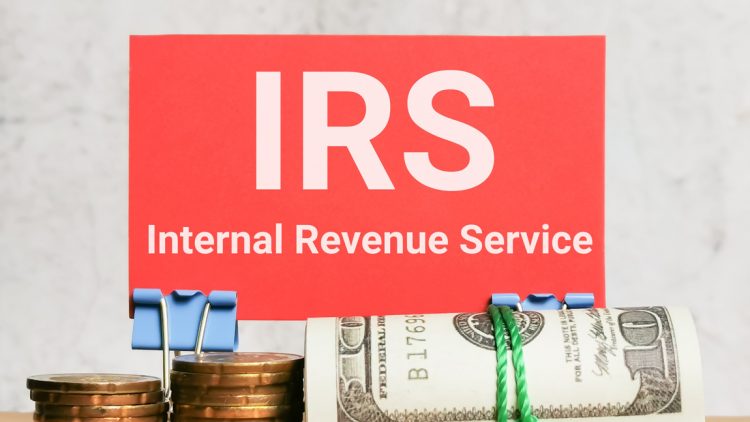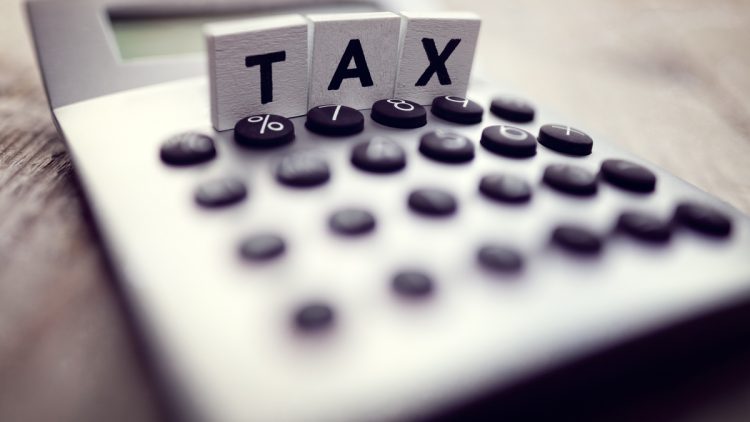How To Open A CD
A CD account is a savings instrument issued and administered by banks, brokers, and credit unions. It is widely considered one of the safest investments you can make. A CD will pay a little more interest in return for committing to keep your money in the bank for a specific amount of time. Use this step-by-step guide to open a CD account.
How To Open A CD Account
These accounts are much safer than stocks, but they will not offer high returns. CDs are insured by the FDIC if they are ultimately issued by an FDIC-insured bank.
Typically, CD’s do not allow individuals to add to their balance. Once you make the initial deposit, the balance will be locked in to keep earning interest until the maturity date. This is part of the reason that CDs do usually offer higher interest rates than other deposit account types.
When you invest in a CD, you commit to locking your money away for a specified period of time. You cannot add to the balance and there will often be steep penalties to pay when choosing to withdraw your money early. You will get a greater return on your deposit in exchange for less liquidity.
Follow the steps below to open your account.
Step 1. Choose The Right CD Account
A good first move is to compare CD interest rates across several banks and credit unions before opening an account. It’s important to also keep the following factors in mind:
- CD terms can range all the way from three months to five years.
- CD types can vary, but regular CDs are undoubtedly the most common. Add-on CDs will differ from traditional CDs since they allow the depositor to contribute more funds to the account during its term.
- You can open single or joint accounts. Check with your local bank for more information on what they provide.
- With a CD laddering strategy, you can purchase multiple CDs, each featuring a different term.
Step 2. Apply
Depending on the bank, it may be possible to open the CD account online. Of course, you can always open this account in-person at the branch or over the phone. If you do so online, the application process will typically take 5-20 minutes to complete.
If you miss any required information or are not yet an existing customer, you may need help completing this step.
Step 3. Have The Proper Documentation Ready
When opening a CD, you will be expected to provide one to two forms of ID, plus your residential address. Other contact information like a phone number and email address should be provided at this time.
Step 4. Choose How You Want The Interest Disbursed
Most financial institutions will offer you two options: Receive all the interest following the end of the CD term or disburse the interest as regular payments. Collecting all the interest at the end of the term is more common. However, you can set this up as regular payments, such as monthly or annually.
Step 5. Make Your Deposit
Unlike with a savings account, you typically aren’t able to add money to the CD more than one time. You’ll put down a set amount and leave it untouched until the term of CD has concluded. You can link this account to another bank and transfer the money by mailing or depositing a check when opening the account.
Tax Settlement in Mesa, Arizona
If you need IRS Debt Help, Tax Debt Settlements or Tax Debt Advising in Phoenix, Mesa or anywhere else, Tax Debt Advisors can help! Give us a call at 480-926-9300 or fill out our contact form for a free consultation.











